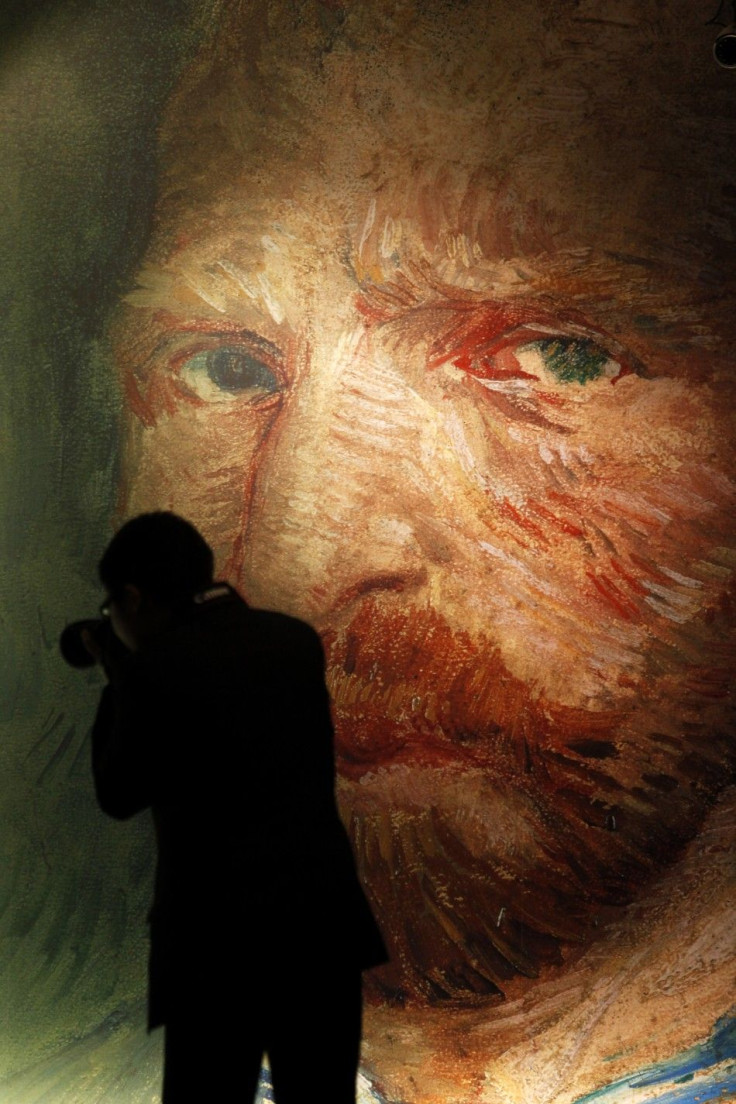Creativity And Madness: Do They Spring From The Same Well?

If your friend is currently slaving away at their draft of the Great American Novel, perhaps you should take some time to ask them if they're feeling alright.
Swedish scientists found that while people in creative professions are no more likely to suffer from most mental illnesses than the general population -- save for bipolar disorder -- authors are especially vulnerable to a wide range of psychiatric conditions. They announced the find in a paper published in the Journal of Psychiatric Research.
Researchers from the Karolinska Institutet combed through medical records for nearly 1.2 million Swedish patients to see if creativity was associated with all kinds of psychiatric disorders, or just those with psychotic features. They also examined records of the patients' relatives, extending the survey out to the second cousin level.
They found that people in most “creative” professions -- art or science -- were not more likely to suffer from certain mental illnesses, with the exception of bipolar disorder, than the control patients. Bipolar disorder crops up more often across the creative spectrum than it does among those not in creative professions.
“However, being an author was specifically associated with increased likelihood of schizophrenia, bipolar disorder, unipolar depression, anxiety disorders, substance abuse and suicide,” the authors wrote.
The researchers also found an association between working in a creative profession and close family ties with patients diagnosed with schizophrenia, bipolar disorder, anorexia and autism.
Lead author Simon Kyaga says that the finding underscores the need to reevaluate how mental illness is treated and viewed. What if the strange quirks of brain chemistry that give rise to problems are also entwined with the creative impulse?
"If one takes the view that certain phenomena associated with the patient's illness are beneficial, it opens the way for a new approach to treatment," Kyaga said in a statement.
"In that case, the doctor and patient must come to an agreement on what is to be treated, and at what cost. In psychiatry and medicine generally there has been a tradition to see the disease in black-and-white terms and to endeavor to treat the patient by removing everything regarded as morbid."
Still, an association isn't necessarily proof of a direct cause -- or sure evidence that creativity and mental illness spring from the same well.
Harvard psychiatrist Albert Rothenberg has cast doubt on the connection, arguing that mental illnesses are disruptive to the creative process. In his book “Creativity and Madness,” he says that while superficially, high-level creativity may resemble psychosis, most creative thinking springs from the rational mind, not a mystic state of the transfigured brain.
Indeed, taking the romantic view of associating mental illness with “struggling genius” may be harmful to artists, according to Beth Murphy, an information officer for the U.K. mental health charity Mind.
"We know that one in four people will be diagnosed with a mental health problem this year and that these individuals will come from a range of different backgrounds, professions and walks of [life],” Murphy told the BBC. “Our main concern is that they get the information and support that they need and deserve."
SOURCE: Kyaga et al. “Mental illness, suicide and creativity: 40-Year prospective total population study.” J Psychiatr Res. October 2012.
© Copyright IBTimes 2024. All rights reserved.











